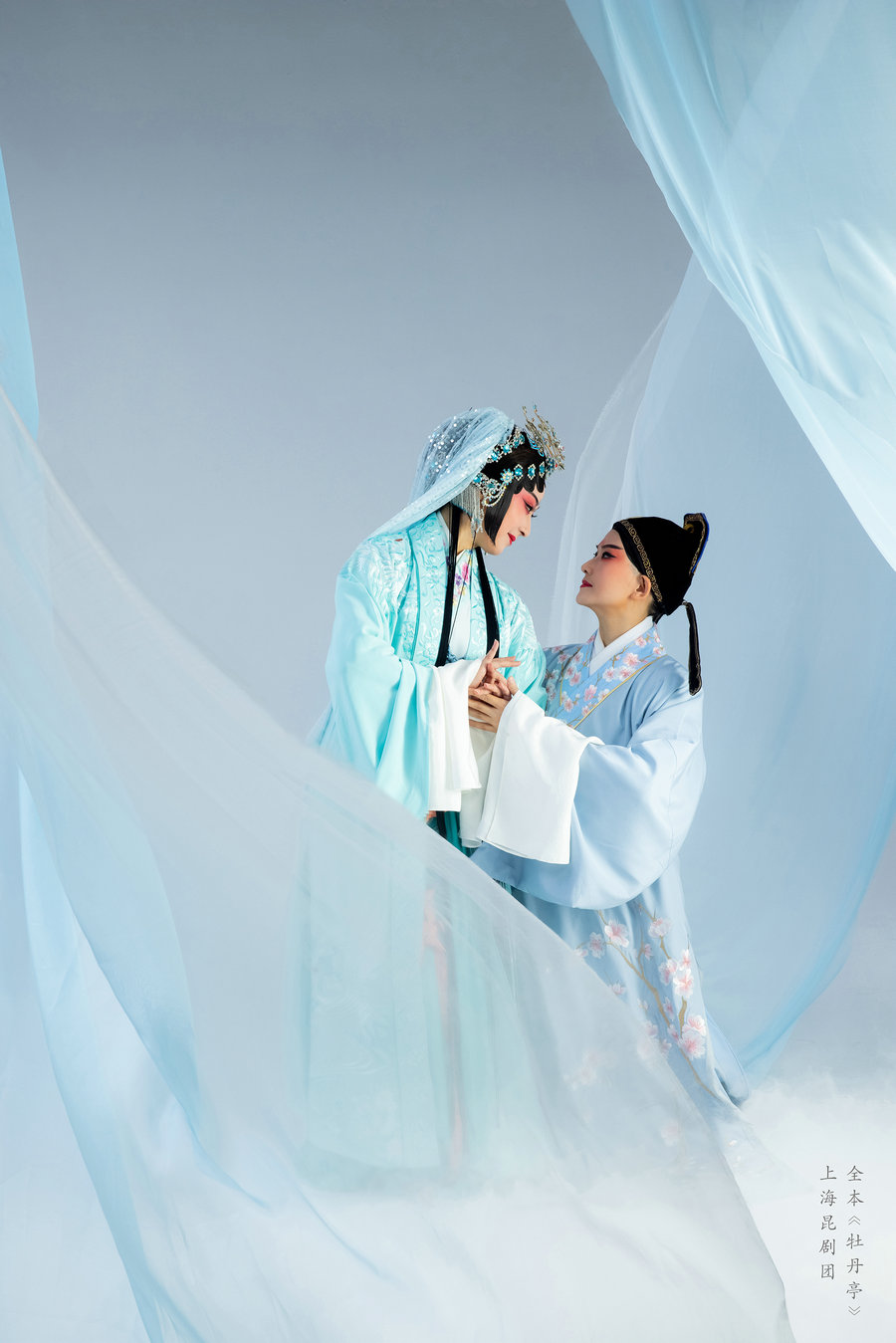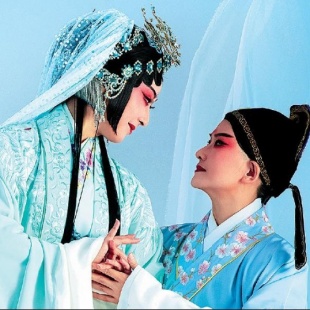Kunqu comes alive


Youthful revival
"Of all the rich and diverse traditions of Chinese opera, Kunqu Opera is one of the most beautiful and best-known among Chinese audiences," says Fu Jin, a professor at the National Academy of Chinese Theater Arts. "It contains many aspects of traditional Chinese culture, such as philosophy, religion, social values and lifestyle."
Fu notes that Kunqu Opera pieces are closely linked with Chinese literature. For example, one of the best-known and most-performed pieces is The Peony Pavilion, which was written by Ming Dynasty (1368-1644) playwright Tang Xianzu, who is often compared to William Shakespeare.
What excites Fu is that Kunqu Opera has been attracting a growing young audience, who consider the art form to be deep, elegant and sophisticated.
A "youth version" of The Peony Pavilion, the fruit of a collaboration between Suzhou Kunqu Opera Theater and Chinese American writer Kenneth Hsien-yung Pai, is considered another major contributor to the development and revival of the art form.
The production premiered in 2003 and has since become a major phenomenon. With over 400 performances across the Chinese mainland, Hong Kong and Macao, as well as in countries such as Greece, the United Kingdom and the United States, it has been seen by a combined worldwide audience of about 800,000. Thanks to shows staged at universities across the country at that time, Kunqu Opera witnessed a surge in popularity, especially among young people.
"Since the beginning of the 21st century, Kunqu Opera had faced a decline, with veteran Kunqu Opera performers retiring, audiences getting old and fewer young people willing to learn and enjoy the old art," recalls 85-year-old Pai. "I am a big fan of Kunqu Opera and I was worried."
Pai says that the cast of the 2003 youth version of The Peony Pavilion was all in their early 20s and 70 percent of the audience were also young people. "That was a very promising sign, and I was very happy," he says.
This year, marking its 20th anniversary, the youth version — with 27 acts of the classic — will be staged at Beijing Tianqiao Performing Arts Center from April 18 to 20.





































